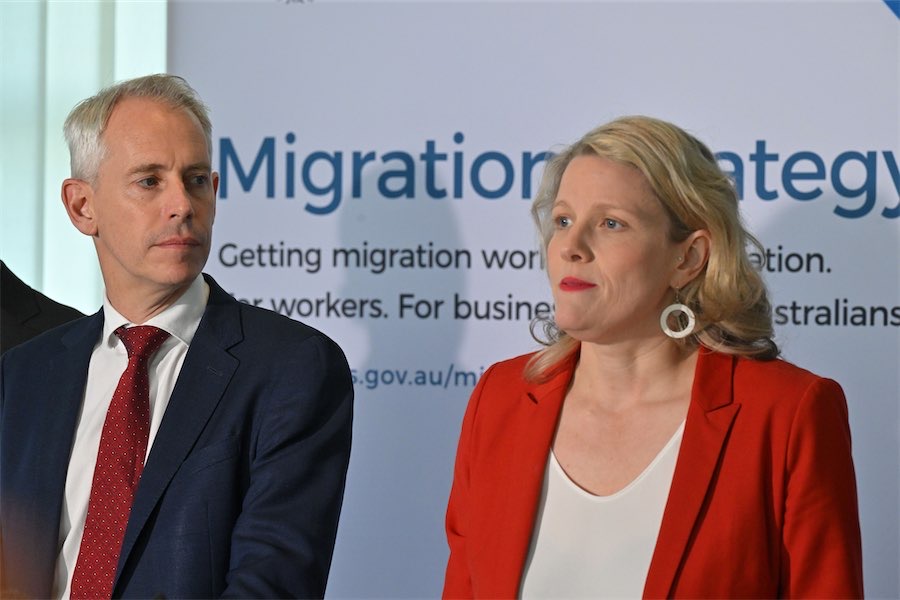
It’s time to unshackle immigration from Home Affairs and give it its own department, says political columnist MICHELLE GRATTAN.
The arrival of a boat on the coast of north-western Australia last week predictably set off an opposition political feeding frenzy. Peter Dutton was quick to claim the Albanese government had “lost control” of the border.
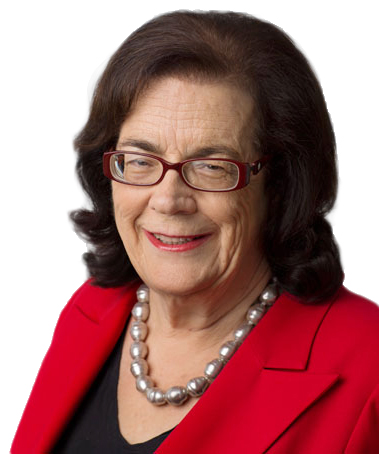
But a boat (or even two – there was another landing late last year) does not an armada make. Australian authorities might need to lift their detection game – no doubt they are getting that message – but so far there is not evidence of a new wave of people smuggling.
Further arrivals would change the dynamics but, in the absence of that, the opposition needs to be careful of overreach, for a couple of reasons.
One is that it’s irresponsible, thinking of Australia’s national interest, to be in effect telling the people smugglers there are fresh opportunities for them. Signals are important: for example, there’s a suggestion last year’s release of the immigration detainees (in the wake of the High Court decision) fed into the people smugglers’ pitch.
Secondly, the border issue is unlikely to play as strongly with voters these days. Kos Samaras of the RedBridge Group, a political consultancy that does regular research, says: “The political heat that was associated with the politics of boat people in the early 2000s is all gone. I think that we’re dealing with a different generation of politics now, and Australians generally just don’t get all that worried or concerned about what sort of people will stumble on to our shores and walk into a town looking for food.”
With eyes firmly on their pockets, people are likely to see excessive rhetoric about boats for what it is, a scare tactic.
The issue of boat arrivals should be distinguished from immigration, which is current in many people’s minds and related to debates around housing and cost of living.
Both issues, however, do take us to the question of the Home Affairs Department, a behemoth encompassing the Australia Border Force, immigration, citizenship and multiculturalism, and cyber security. ASIO sits under it, too. It is overseen by cabinet minister Clare O’Neil, with a junior minister, Andrew Giles, having responsibility for immigration, citizenship and multicultural affairs.
Put bluntly, the department has been a nest of trouble. There are very strong arguments for breaking it up.
The department has been scandal-ridden. A recent report by Dennis Richardson, former head of Foreign Affairs, Defence and ASIO, documented how it failed to do due diligence on contracts. The revelation of extraordinary texts by its former secretary, Mike Pezzullo, led to his dismissal last year.
This empire was trimmed when Labor took office. The Australian Federal Police and a couple of other crime-fighting agencies were moved to come under the Attorney-General’s Department. ASIO would fit more appropriately there, too, but Attorney-General Mark Dreyfus lost that battle.
Immigration could be seen to promote nation building
Pezzullo ran the Home Affairs Department with an iron rod and morale was at rock bottom. There are mixed views about whether his successor, Stephanie Foster, who had been the department’s associate secretary, is a strong enough leader for the demands of this very tough job.
A central problem is that the department’s component parts are a bad fit. There seems an overwhelming case for separating immigration, citizenship and multicultural affairs into their own department with cabinet status.
That way, immigration could be viewed essentially as an economic department and cast in more positive terms, to promote nation building. This was how it was seen in earlier times.
At present, immigration suffers from being in the more negative national security environment that dominates Home Affairs.
Former senior bureaucrat Paddy Gourley, an expert on the public service, has argued that “the grandest failure of Home Affairs and its leaders has been the diminution of immigration as a principal function of the federal government”.
A freestanding department would allow “a clear-eyed, high-priority concentration on immigration policy and service delivery free of the distractions and distortions to which it is vulnerable in Home Affairs”, Gourley wrote on Inside Story in November.
Equally, multiculturalism requires a lot more attention, especially at the moment.
Multiculturalism has been a great success story of Australia’s immigration program, celebrating diversity while also promoting unity and commitment to common Australian values.
But the community frictions prompted by the Israel-Hamas conflict have highlighted that at times the tensions that lurk in a multicultural society can test its cohesion. Crises abroad can cause local divisions to flare dangerously. At present the Albanese government is seriously worried about community harmony.
The level of anti-Semitism we’re currently seeing in this country is deeply disturbing, striking fear into many Jewish Australians. Meanwhile, many in the Islamic community, with family or friends in Gaza, are traumatised, plus there’s been a rise in Islamophobia. And the regular pro-Palestinian demonstrations since the start of the current Middle East conflict have, on occasion, tested authorities.
Reacting to these challenges is not likely to get any easier. A separate immigration department could mean more bureaucratic attention and resources for engagement with the various multicultural communities.
On another front, prospective citizens are not receiving the attention they deserve. Peter Hughes, a one-time deputy secretary in immigration, has condemned “the outrageously long time it takes to process applications for Australian citizenship”.
Writing for Pearls and Irritations last month, Hughes said a person who’d met all the requirements, including the four-year residential qualifying period, could expect to wait up to 15 months for a decision and another six months for a conferral ceremony. Imagine the outcry if it took this long to get a passport for an overseas trip, Hughes added.
This week Anthony Albanese hosed down speculation that there could be an election this year. He intends to run full term – the election is due by May next year.
At some point the Prime Minister may consider freshening his team. This is not a prediction, but a reshuffle would provide the ideal opportunity to split the Home Affairs Department and rescue immigration from what often seems its also-ran bureaucratic status.![]()
Michelle Grattan, Professorial Fellow, University of Canberra. Republished from The Conversation.
Who can be trusted?
In a world of spin and confusion, there’s never been a more important time to support independent journalism in Canberra.
If you trust our work online and want to enforce the power of independent voices, I invite you to make a small contribution.
Every dollar of support is invested back into our journalism to help keep citynews.com.au strong and free.
Thank you,
Ian Meikle, editor
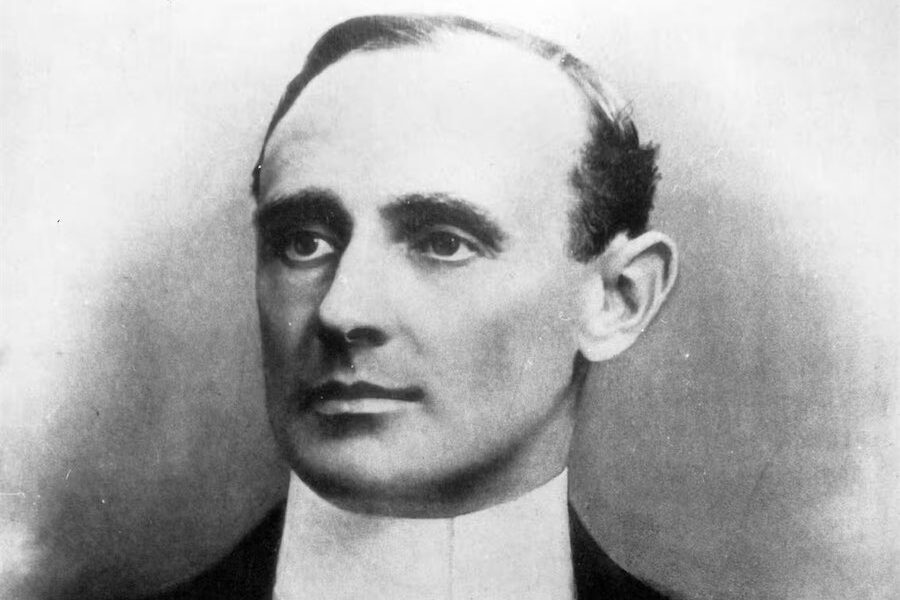
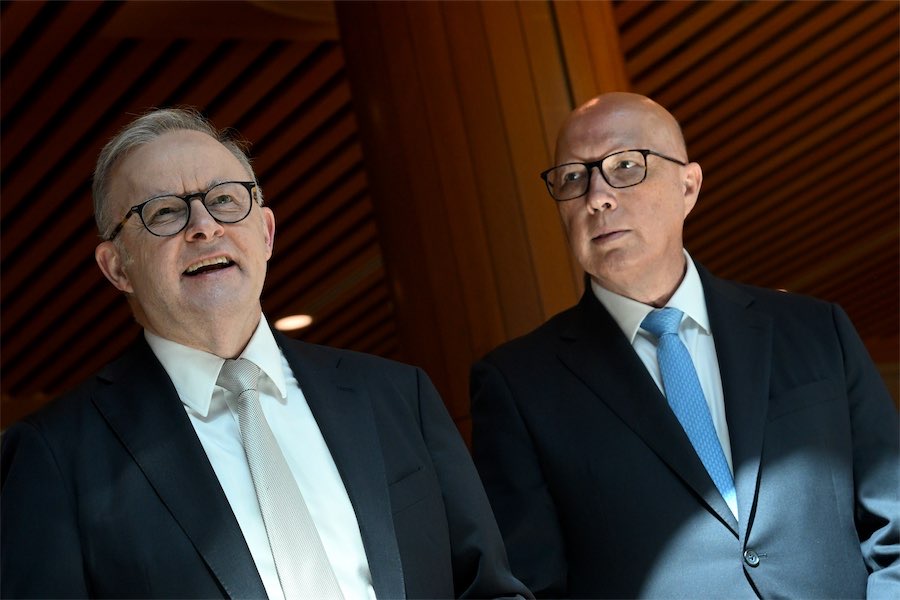
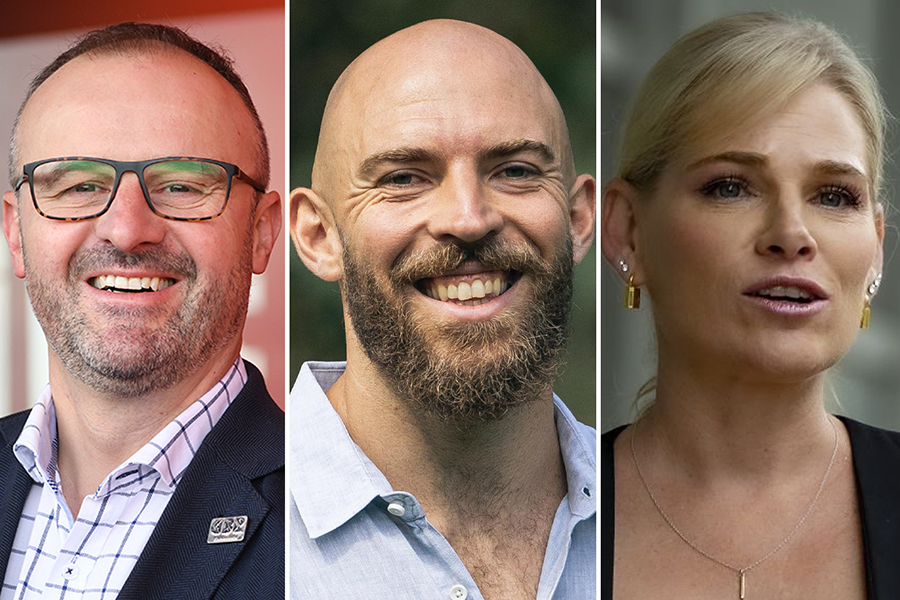

Leave a Reply